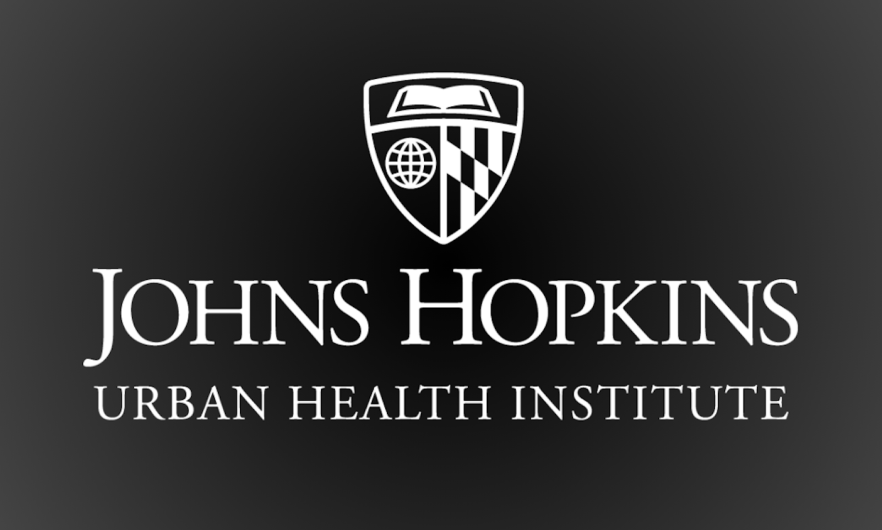Through the Eyes of a UHI Intern: #SDH2014

“While serious violence plagues our city, mass incarceration has done little to make it safer. Rather, it has impoverished our citizens, impacted the children’s mental health and limited our economic growth.”--Dr. Robert Blum, Director of the Urban Health Institute.
Waking up on Monday, April 28, 2014, I knew that it was going to be a hectic but exciting day. I arrived at Turner Auditorium around 8:00 AM to set up for the Third Annual Social Determinants of Health Symposium, “Squandered Resources: Incarceration—Its Consequences, Costs and Alternatives”.
Within 30 minutes, the lobby was flooded with attendees eager to participate in the daylong event. Over 500 participants attending from across the city, state, nation and even world poured down the stairs to line up at the registration table, where I was working.
The event hit close to home for me, because I graduated from Towson University as a criminal justice major in May. I spent four years studying justice, crime and incarceration, and I’m still appalled when I hear statistics like “1 in 5 young men in Baltimore City have been in prison.” How can we address this problem? How can we find realistic solutions to improve health, reduce rates of recidivism and decrease incarceration in our city and state?
The Symposium featured 7 panel discussions and a powerful address from Congressman Elijah Cummings entitled A Charge for Change. Panelists ranged from ex-offenders to policy experts, to community organizers to nonprofit group leaders. According to their experiences, research and knowledge, the speakers brought unique perspectives to each panel. (click to see the full agenda)
I was kept busy during the day, directing people, greeting media and taking photos. One of my favorite aspects was the youth participation in the event. There were spoken word performances by Dew More Baltimore, artwork from Baltimore United Viewfinders and a string trio performance from Baltimore Youth Initiative High School’s group, Fusion.
I also love the fact that people in the audience could actually join in on the conversation during the panels using facebook, twitter (#SDH2014) and note cards. There was also broad participation in roundtable discussions during lunch around specific areas of interest.
As a UHI intern one of my jobs was to monitor and respond to a portion of the hundreds of posts, questions and comments coming in via social media that day. With over 1,000 posts and a trending hashtag, I was kept very busy. Each post contained amazing photographs, videos or quotes from the panels.
One tweet from Richard Bruno (@ridgebardo) posted a photo of Congressman Elijah Cummings during his speech A Charge for Change and said: “@RepCummings rousing us to rectify realities that exist in our communities by joining others & reaching upstream #SDH2014”. I was genuinely inspired by the level of engagement from the attendees. It showed me that incarceration is a top concern in this community.
Above all, my favorite part of the day was helping out with the recording of several brief speaker videos. Each speaker was given an opportunity to record a 5 to 10 minute speech based on his or her research, experiences, and work within the community. To me, it is most exciting that these videos are now being posted to the UHI’s YouTube channel and being shared with all who attended the conference. I saw the filming happening and now I’m seeing discussion continue as a result.
It is even possible that these videos will be distributed throughout high schools, colleges, and community organizations. It was inspiring to hear each speaker’s take on how we can come together to effect change, and it will be exciting to see the responses they evoke from others as they are released.
Being behind the scenes of the Symposium gave me an opportunity to watch incredible people come together to exchange knowledge and stories about one of the most pressing issues in our city. As a college student, it’s often easy to separate yourself from the city as a whole and get wrapped up in the pursuit of your degree. I’m thankful that I got the chance to contribute to such a powerful community-university collaboration because even though I’ve only been here for four years—Baltimore is my city.
Jessica Kane, Towson University ‘14
